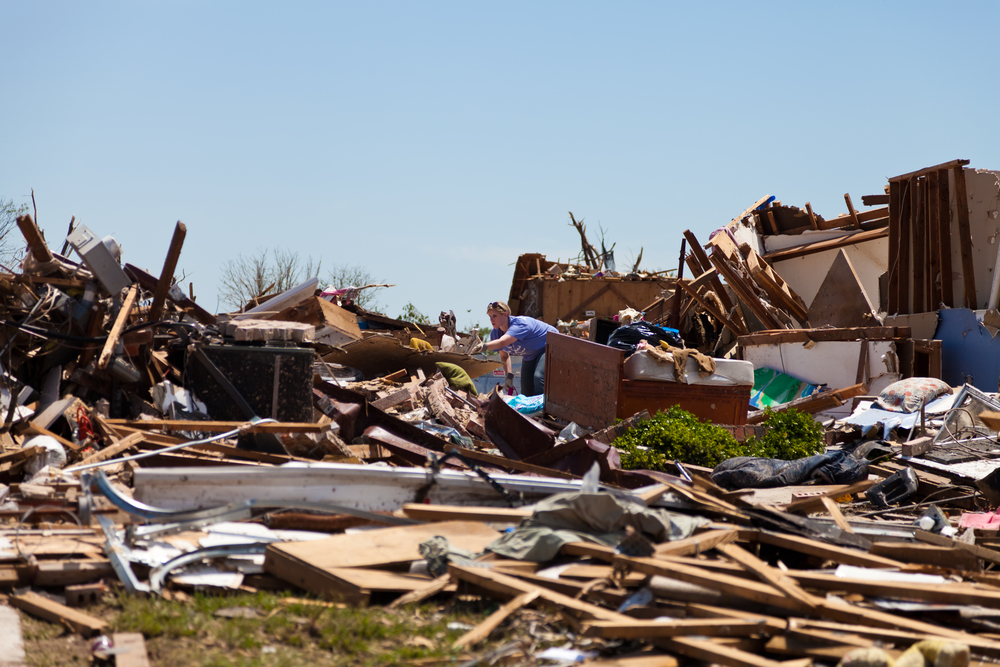
On November 20, 2012, United States and Mexican commissioners that control water crossing at the border signed an amendment to the 1944 treaty that controls water entering Mexico from the Colorado River. The amendment, called Minute 319, will make water continually flow in the Colorado River channel between Baja California and Arizona. The river channel is usually dry, but the agreement marks the first time water is ever guaranteed in the area.
“We’ve been working for more than 15 years to get water back in the river; this remarkable achievement is a huge step forward for the embattled Colorado River delta,” said Michael Cohen, the senior associate at the Pacific Institute. “It is a long overdue end to the incredibly destructive 20th Century notion that not a drop should be left instream.”
The amendment has helped to encourage cooperation between the United States and Mexico, but more importantly, the agreement shows that both countries now recognize the environmental advantages of letting water flow continually through the section of the Colorado River. The agreement will help to balance agricultural and city needs for water and the health of the delta environment.
According to the Pacific Institute, all of the Colorado River’s flow is diverted—except during years with above-average rainfall—before it reaches the mouth at the Upper Gulf of California, or Sea of Cortez. The diversion has immensely damaged the river’s delta and left the channel dry about 90 percent of the time. The delta still ranks as one of the largest and most important desert wetlands in North America, and the new agreement hopes to slow degradation of the delta in years to come.
Ed Glenn, Professor of Biology at the University of Arizona, states: “The delivery of water back to the delta will be a great help to the dying willows and cottonwoods and the birds that depend on them.” Glenn’s research during the early 1990s helped bring awareness to the condition of the delta.
Cohen continued to say, “We have been researching and advocating solutions to revive the river and delta, knowing we must protect these precious places and use the water we take more efficiently, or the river and delta will suffer irreparable harm. This historic agreement is critical to the eventual preservation and rehabilitation of Colorado River delta.”
The Pacific Institute is a nonprofit research organization that addresses the world’s water conditions. The Institutes operates out of Oakland, California and Boulder, Colorado.
Source: Pacific Institute


































